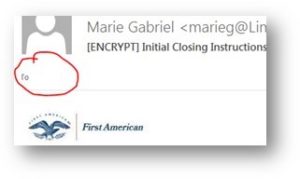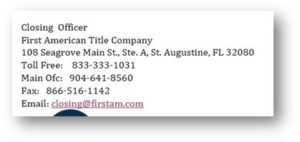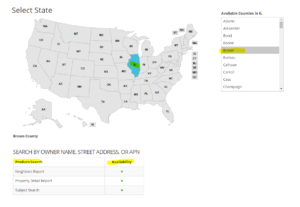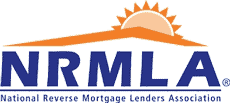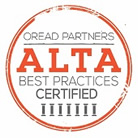The Texas Commissioner of Insurance issued an Official Order making changes to rate and rate rules that will take effect September 1, 2019.
The changes to the rates include the following:
- A decrease of 4.9% to the basic premium rate
- The base rate tier for policies will now start at $25,000 (increased from the previous $10,000). This change effectively increases the minimum basic premium rate from $238 to $328.
- Adjusts to create three new rate tiers for policies with face values from $25,000,001 and above to:
- $25,000,001 to $50,000,000;
- $50,000,001 to $100,000,000; and
- More than $100,000,000.
You may review the Order here. There are also changes to R-5, R-8 and R-20 which you can view in the entirety by clicking on the previous links.
A summary of the changes to the rate rules is detailed below:
R-5 Simultaneous Issuance of Owner’s and Loan Policies
For loan policies of $5,000,000 or more when the ownership has not changed, the simultaneous issue premium can apply if the loan is issued within 90 days of the owner’s policy when covering identical property.
R-8 Mortgagee Policy, on a Loan to Take Up, Renew, Extend or Satisfy an Existing Lien(s) aka “Texas Refinance Credit”
The credit tiers have been simplified and adjusted such that there is now:
- 50% credit within the first four years; and
- 25% credit between four and eight years.
R-20 Owner’s Policy After Construction Period
Extends the time in which to get an owner’s policy after construction on deals of $5,000,000 or more at the basic minimum premium rate from one year to two years with a simultaneous issue rate for the loan policy.
What you need to know:
- The rate decrease applies only to the premium charged for policies, loan and owner’s policies.
- The effective date (policy date) controls what premium rate should be charged. If you anticipate the policy being dated September 1, 2019, or later, you should show the premium at the new amount. If you are unsure of the closing date, you should show both with one having a closing date of before September 1 and the other showing the closing date of on or after September 1, 2019.
- New rate cards will be available through Stewart marketing.
- If you accidentally charge too much, you should refund the overage promptly.
- A number of the rate rules call for the minimum basic premium rate while other rate rules call for a computed rate that is less than the minimum basic premium rate that is charged (that feature is called “some” below).
Transaction codes affected by these changes:
- R-5c Code 3280
- R-5d Code 3280
- R-8 Codes 4001,4002,4003,4004,4005,4006,4007
- R-9 Code 0010
- R-18 some Code 3011
- R-20 some Code 1190
- R-21 some Code 1250
- R-22 some Code 1350


